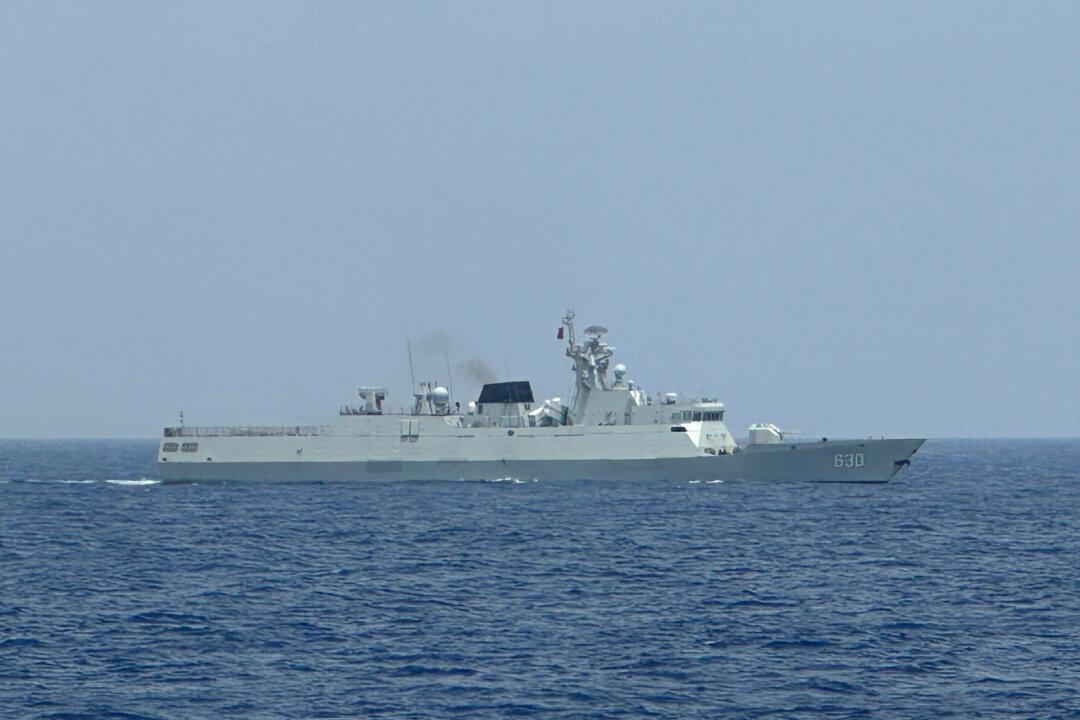Canada must overcome fears of potential market loss in China and fortify its foreign policy in the Indo-Pacific, an expert told MPs during a House of Commons committee meeting on Feb. 5.
“Canada should not shy away from making tough foreign policy choices out of fear of losing access to China’s market,” Meredith Lilly, associate professor and Simon Reisman Chair in International Economic Policy at Carleton University, testified before the Special Committee on the Canada–People’s Republic of China Relationship on Feb. 5.





